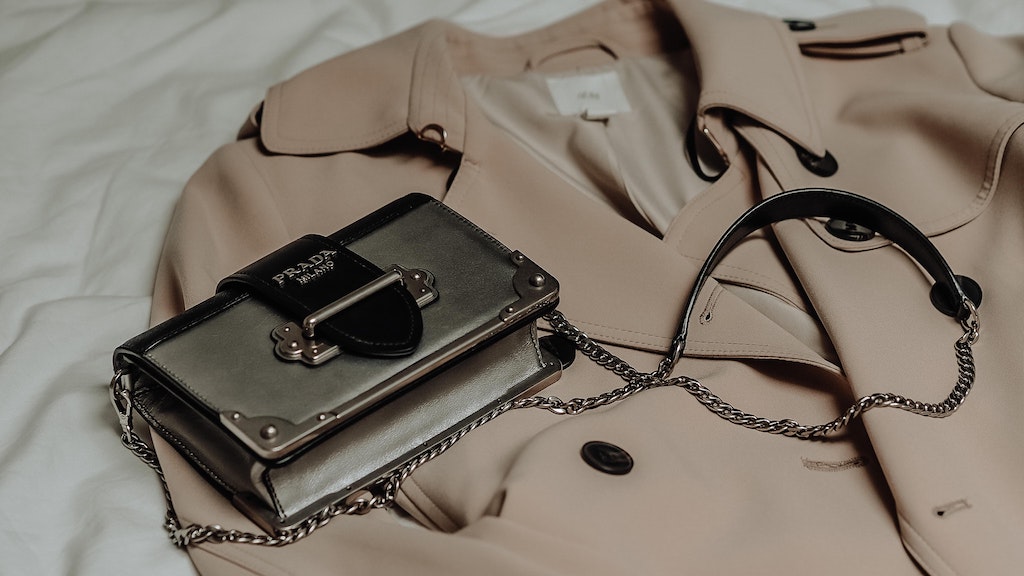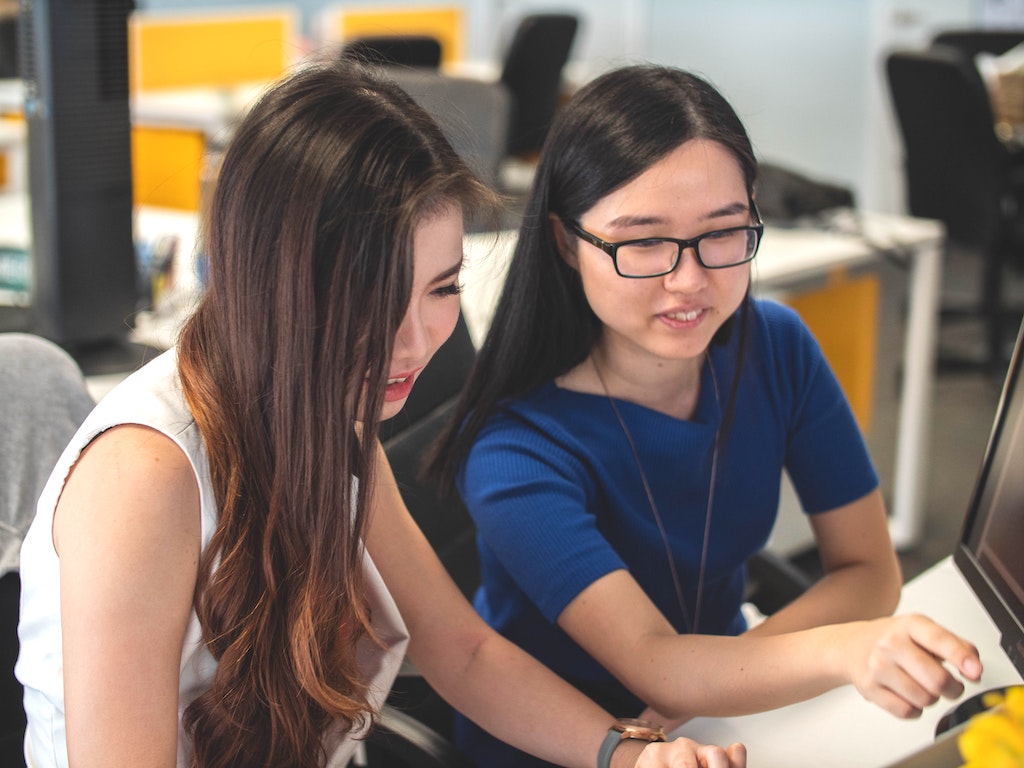4 Mins Read
According to new research from Carousell, one of Southeast Asia’s most popular secondhand marketplaces, Hong Kong’s millennials are purchasing secondhand as part of their sustainability efforts. The poll also found that millennials across Southeast Asia prioritise climate change and social responsibility more than older generations.
Millennials in Hong Kong and across Southeast Asia are buying and selling preloved items in a bid to become more eco-friendly. That’s according to new research from Carousell and digital nonprofit IAB SEA+India, which examined purchasing habits among the platform’s five markets. The poll involved more than 3,500 participants across Singapore, Hong Kong, the Philippines, Malaysia and Vietnam.
Buying secondhand to be sustainable
The report, which defines millennials as their users below age 35, says that this generation is using the platform as part of their sustainable lifestyle. In Hong Kong, 93% of millennials said they are purchasing secondhand on the app because they felt that it was the more sustainable choice.

Across the board in all five markets, those under 35 reported being motivated to purchase pre-owned items on Carousell because they could lower their environmental impact by avoiding buying new. Research also indicated that overall, millennials were more concerned about climate change and social responsibility than older users.
“This research captures a highly engaged millennial audience who are in the browsing and buying mindset, motivated by a great deal, variety of options, and by their belief that purchasing pre-owned is more sustainable,” commented Carousell Media Group managing director JJ Eastwood.
Read: 5 ways conscious consumers are driving the resale boom
Fast-growing Southeast Asian market
The report’s authors say that growing awareness of climate change and the role of sustainable consumption is a major driver of the platform’s growth in recent years. While the secondhand e-commerce market is more mature in the U.S., the analysts said that “re-commerce is [now] accelerating in this part of the world.”
If U.S. sales are any indication, separate analysis from GlobalData estimates that the country’s secondhand apparel market will double within five years to reach US$77 billion.

Carousell’s report further highlighted how its market share within Asia is now dominating other foreign online retail giants, such as Amazon.
“Recommerce has become synonymous with sustainability and this research demonstrates how important this has become to young people across the region,” said Eastwood.
“Across all the local market research, what was consistently obvious is that we are witnessing the explosive growth of re-commerce as it feeds two key needs of consumers today; the demand for sustainability and the hunt for a good deal,” added IAB SEA+India regional CEO Miranda Dimopoulos.
Read: How are millennials and Gen Zs changing how and what we buy?
Preloved luxury goods a top-seller
What appears to be the fastest-growing secondhand category in the Southeast Asia market is luxury goods, according to Carousell’s data.

62% of Hong Kong users had purchased a preloved luxury item within the past year, with more than 50% of these items being high-end bags, wallets, accessories, and belts. Other luxury goods include electronics and gadgets, as well as cars and other home appliances.
As Covid-19 work-from-home measures become the norm for many, Carousell users are also purchasing more computer accessories, virtual working and cooking equipment said the report.
“When we took a closer look at the Luxury Category, we found that half of all respondents bought luxury items in the past 12 months. Overall, Singapore, Carousell Malaysia and Hong Kong are above the purchasing average despite being in the midst of a global economic slowdown,” shared Eastwood.
Lead image courtesy of Unsplash.




